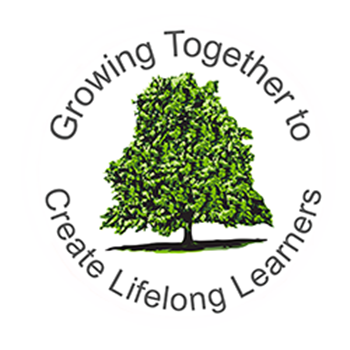At Linden Primary school, we believe that all children should be supported to reach their full potential, no matter what their needs may be. All children are unique individuals, therefore, we strive to ensure that our teaching and provision is tailored to suit each child and that adaptations are made, where necessary. In line with the SEND Code of Practice, at Linden, every teacher is a teacher of children with special educational needs and disabilities (SEND) and supporting children with SEND is a whole school responsibility. Staff, at all levels, are expected to consider the needs of pupils with SEND, when planning their subjects or areas, and work closely with the SENDCo to put this in practice.
Many pupils in our setting may require extra support throughout their time at school. Some may need this support for a short period of time and some may require it for longer, which is why we constantly review the needs of our pupils, alongside parents and other professionals, to ensure that we are still supporting them to have equal opportunities to their peers and to help them succeed in school and later in life.
Our belief is that provision that is beneficial for children with SEND, is beneficial for all. As a result of this, we work together as a team to make sure that our general practice, curriculum and teaching, is as inclusive as possible and that all children have access to quality first teaching, which is scaffolded and adapted to meet their needs. It is important to us that all children feel valued, appreciated and part of our whole school community. Therefore, we work hard to ensure that our inclusivity doesn’t just cover the curriculum, but also all aspects of wider school life.
What is a special educational need or disability?
The SEND Code of Practice states that;
“they have a learning difficulty or disability which calls for special educational provision to be made for him or her” (Page 15).
The code of Practice defines a learning difficulty as a child who has a greater difficulty when learning than that of their age-related peers. It also defines a disability as children being hindered or not able to access the facilities available to them and children of their age. These learning difficulties and disabilities mean that children may have barriers to leaning and may need additional support to reach their full potential.
The Code of Practice then defines these into four areas of need:
- Cognition and learning: This is where children may need appropriate differentiation to be able to access the work alongside their peers. These children may have Moderate Learning Difficulties (MLD), where more support and targeted intervention is needed in a few areas of the curriculum. It could also encompass children with a Specific Learning Difficulty (SpLD), such as Dyslexia or Dyscalculia, where pupils have difficulties in a specific area of the curriculum.
- Communication and Interaction: This includes children with Speech and Language delays or speech disorders and impediments. It also includes children on the Autistic Spectrum who may find social interaction with peers and adults difficult.
- Social, Emotional and Mental Health: This encompasses a range of social and emotional needs and behaviours that children may display, that prevents them from fully accessing the curriculum. These can include anxiety, Attention Deficit Hyperactivity Disorder (ADHD), attachment disorders or poor mental health, due to a variety of factors.
- Physical and Sensory: This encompasses children whose access to the facilities around school is hindered or prevented by their physical disability. They may need adjustments and provision to ensure that they can access the resources and environment in line with their peers. This can include children with Physical Disabilities (PD), Visual Impairments (VI), Hearing Impairments (HI) or Multi-sensory Impairment (MSI).
If you believe that your child has a special educational need, would like any further information, or have any questions, please contact Meg Jenkins (Inclusion lead/SENDCo) at [email protected] or via the school office.
Please read the following documents to find out more about SEND provision at Linden:
SEND Policy
Gloucestershire Local Offer: https://www.glosfamiliesdirectory.org.uk/kb5/gloucs/glosfamilies/family.page?familychannel=2_1_2
SEND Information Report
Accessibility Plan Policy



